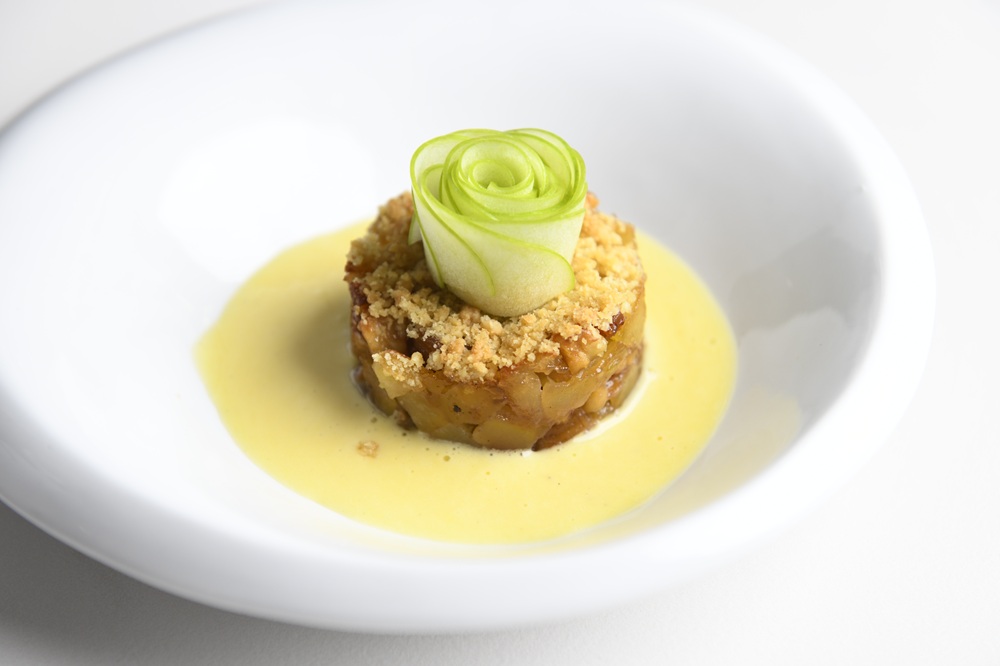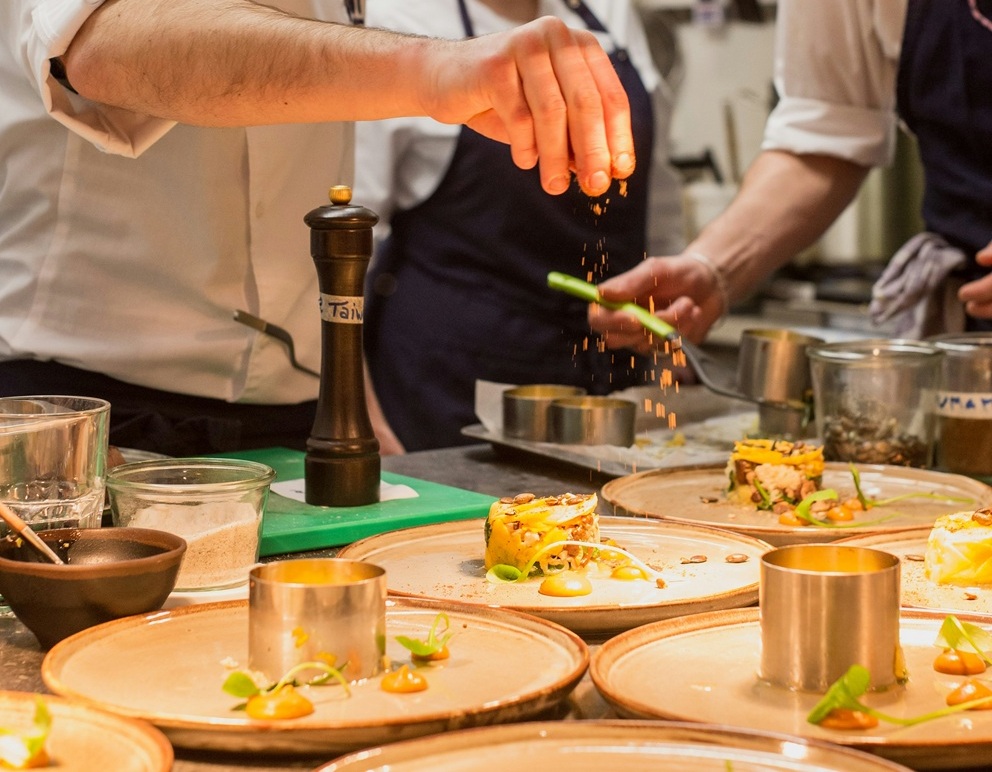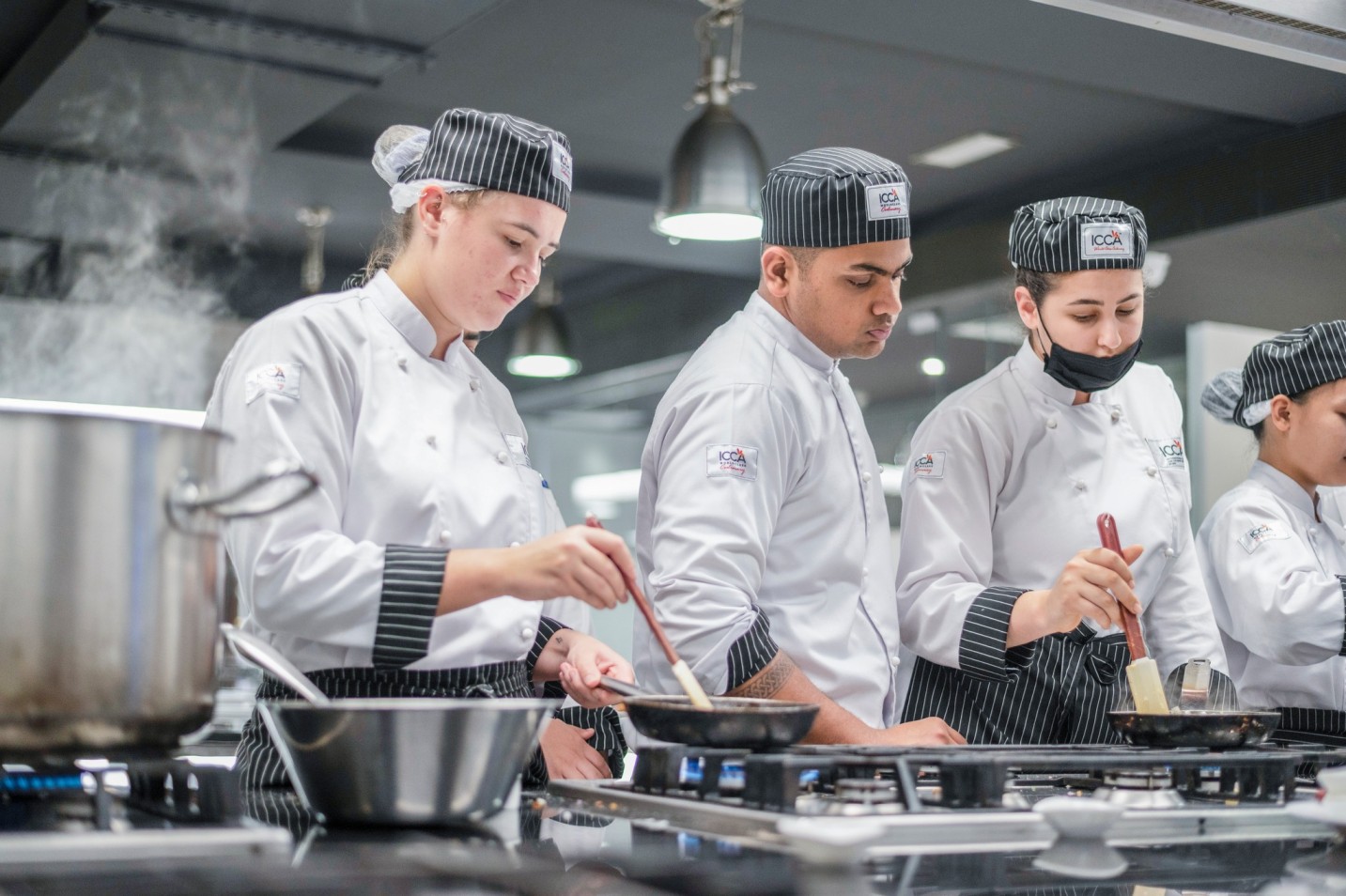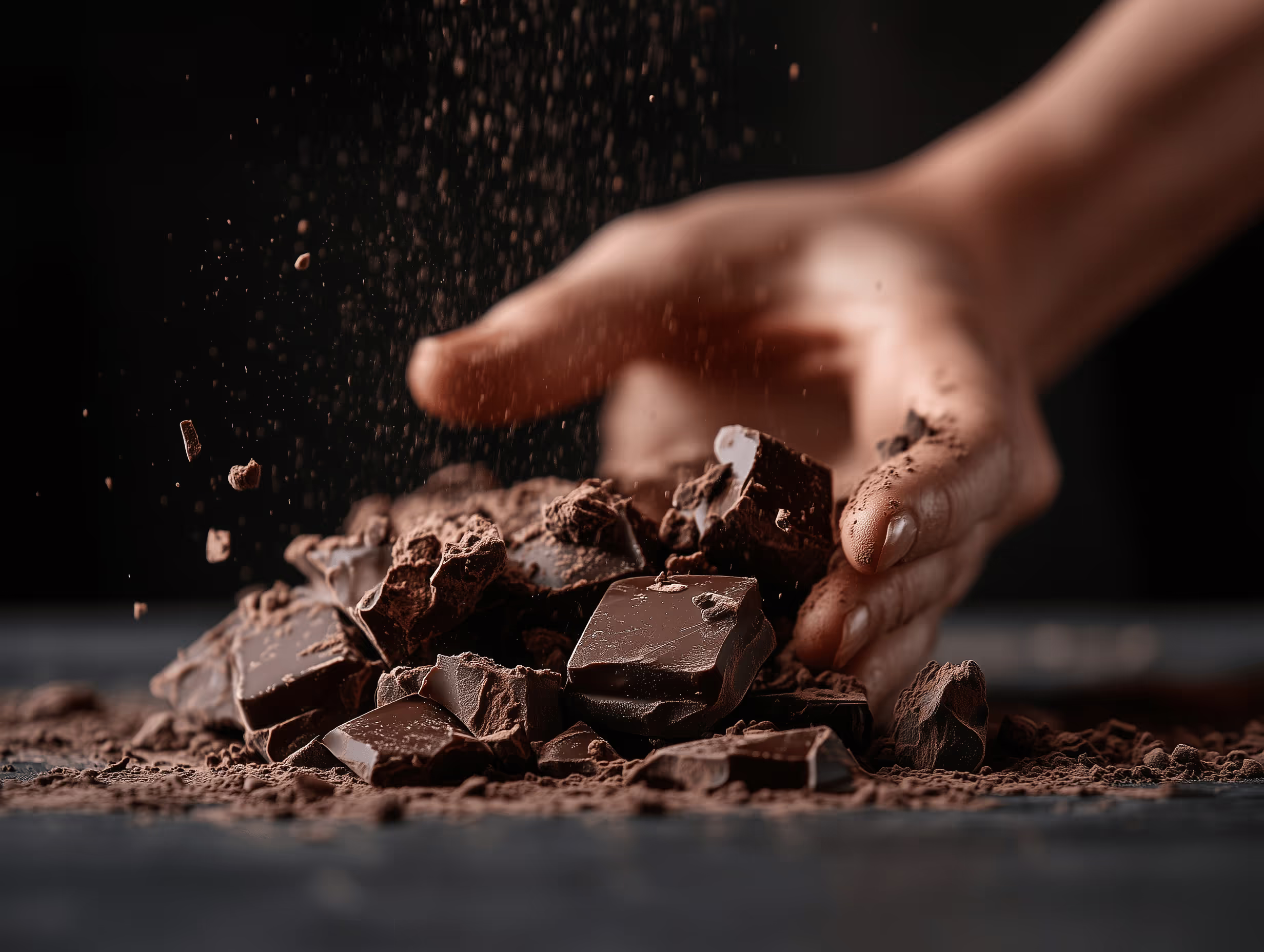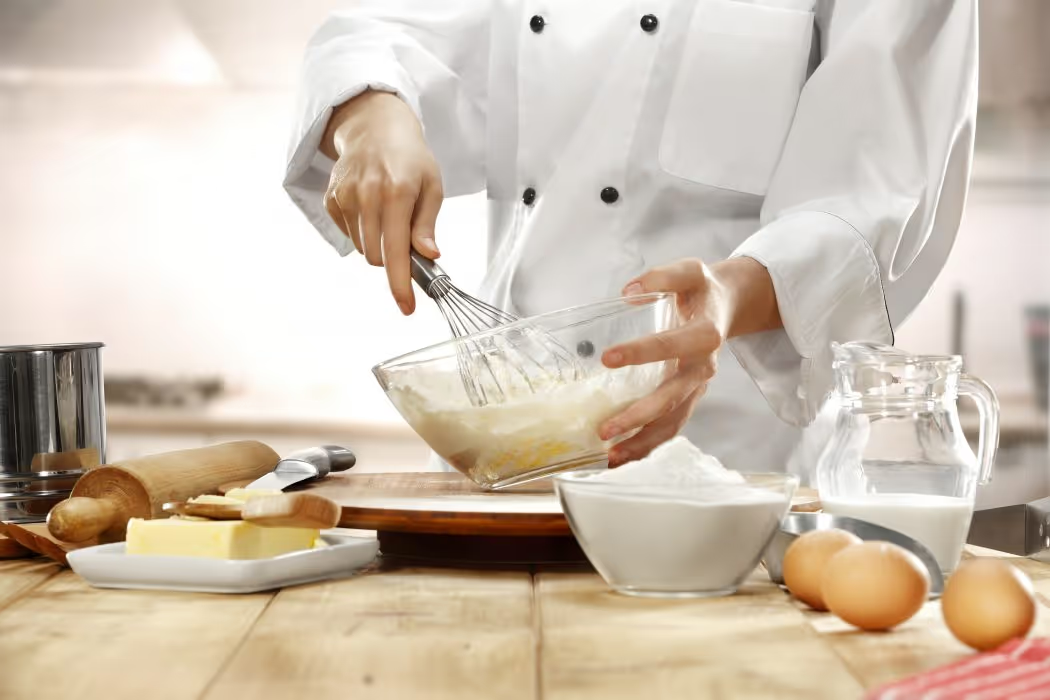Coming home to the aroma of freshly baked homemade bread is pure bliss! If you're planning to bake some Bread, but are not sure how to achieve that perfect texture, taste and form, read on to know the secrets of baking that perfect loaf...
There are few aromas more appetising than that of a freshly baked loaf of bread. Perhaps that explains why baking has exploded in popularity in recent times. The process is simple, the ingredients are easily available, and the effort is not too much.
But there’s also a catch: precisely because the ingredients and method are so simple, even a small mistake can throw things out of whack. Your loaf can turn out dense or flavourless, or break apart like a biscuit.
How to bake the perfect loaf
At ICCA Dubai, we’ve been offering professional and amateur baking courses for 15 years. So, our master chefs are experts in the art of baking bread. We asked them for their secret tips for getting a perfect loaf every time and this is what they had to say.
- Use good-quality yeast
Yeast is essential for the bread dough to rise properly. And for that, you need good-quality yeast. It’s always better to test a small batch first to see how the yeast performs. Also, there are different types: active dry and instant yeasts being the most common. You cannot use them interchangeably. So it’s good to spend some time learning more about yeast and seeing what is the best quality yeast available near you. If you have a doubt, ask a local baker or bakery.
- Measure accurately (preferably with a weighing scale)
In cooking, you can sometimes play around with ratios and measurements. You can add salt or sugar later, you can adjust as you go along – not too much, of course, but you can still do it. Not so for baking. Baking is an exact science. That’s why our chefs recommend following a baking recipe exactly. Use a weighing scale if you can so you can get everything right to the nearest gram.
- Be careful with the temperature of your water
Yeast needs a particular temperature in which to be active. So the temperature of the water you use is crucial. If the water is too hot, you will end up killing the yeast. Too cold and the yeast simply won’t activate. The temperature also depends on how hot it is in your house – a loaf made on a cold winter’s day may turn out different than one baked in peak summer.
- Give the dough 2 rises properly
In general, bread doughs need two rises: the first rise after kneading, and the second after shaping. Our chefs say one of the most common mistakes amateur bakers make is getting impatient and interfering with the rise. Once again, the rise time depends on a lot of things: the kind of flour, the type of yeast, the quantity of yeast, how well you’ve kneaded the dough, and of course, the ambient temperature. So you need to give the dough adequate time to finish rising properly both times, else your loaf will not turn out perfect.
With these simple tricks, you can go a long way to perfecting your loaf of bread. Sure, it may take a few tries, but soon you’ll have one recipe that works for you every single time.
If you want to improve your skills, you can consider signing up for an artisanal baking course at our world-renowned campus in Dubai. Get in touch with us today and we’ll give you a free tour of the campus!
And remember to subscribe to ICCA Stockpot, our blog, for more cooking tips and recipes!



